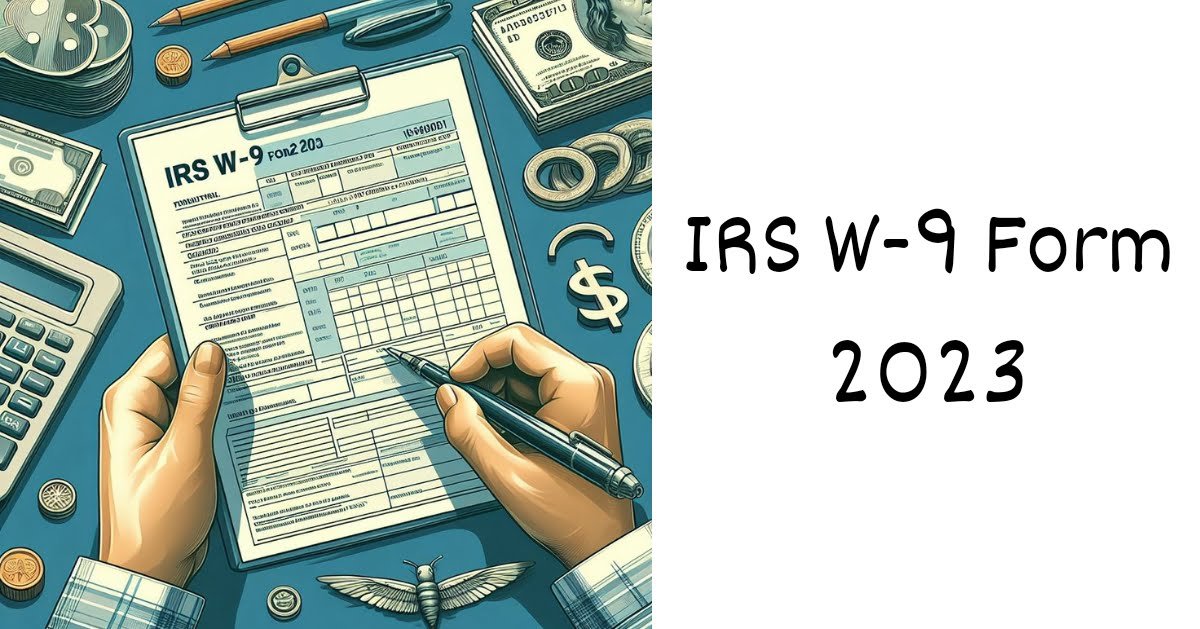How to Become Financially Literate in 2024: A Complete Guide

Financial literacy is the ability to understand and use various financial skills, such as budgeting, saving, investing, and managing debt. It can help you achieve your financial goals, avoid common pitfalls, and prepare for the future. However, many people lack the basic knowledge and skills to make smart financial decisions. ...
Key Points to Consider Before Applying for a Personal Loan in 2024

Introduction Personal loans can be a useful financial tool to help you achieve your goals or manage unexpected expenses. However, before applying for a personal loan in 2024, it’s important to consider a few key points to ensure you make an informed decision. In this article, we will discuss the ...
Maximize Your Wealth: Unveiling the 401(k) Contribution Limits for 2023

Introduction When it comes to building wealth and securing your financial future, few tools are as powerful as a 401(k) retirement plan. Designed to help individuals save for retirement, a 401(k) offers numerous benefits, including tax advantages and potential employer matching contributions. However, understanding the contribution limits for your 401(k) ...
Debt Service Coverage Ratio (DSCR) Loan: A Deep Dive

Understanding the Debt Service Coverage Ratio (DSCR) Loan When it comes to securing a loan, understanding the different financial metrics and ratios involved is crucial. One such ratio that lenders often consider is the Debt Service Coverage Ratio (DSCR). In this article, we will take a deep dive into the ...
SBA Loan EMI Calculator: A Reliable Tool for Accurate Loan Calculations

Introduction When it comes to small business financing, the Small Business Administration (SBA) loans are a popular choice for many entrepreneurs. These loans offer attractive interest rates and flexible repayment terms, making them an excellent option for businesses looking to grow or expand. The Importance of Loan Calculators Before applying ...
SBA Loan Programs: A Comprehensive Guide

Introduction The Small Business Administration (SBA) collaborates with lenders to offer diverse financing solutions for small businesses. Notable SBA loan programs cater to various needs, including general business financing, major fixed asset acquisition, microloans, disaster relief, and more. Let’s explore the key SBA loan programs: 1. 7(a) Loan Program The ...
IRS W-9 Form 2023: Download PDF in a Single Click

Understanding the IRS W-9 Form When it comes to tax-related documents, the IRS W-9 form is an important one that many individuals and businesses need to be familiar with. Whether you are a freelancer, independent contractor, or a business entity, you may be required to complete and submit a W-9 ...
Western Alliance Bank Savings Account: A Complete Overview

Introduction When it comes to saving money, finding the right bank and savings account is crucial. Western Alliance Bank offers a variety of savings accounts to help you achieve your financial goals. In this article, we will provide a complete overview of the Western Alliance Bank savings account, including its ...
ERC Loans: Employee Retention Credit and Its Influence on Student Loans

Understanding the Employee Retention Credit (ERC) The Employee Retention Credit (ERC) is a tax incentive program introduced by the U.S. government to support businesses during the COVID-19 pandemic. It was designed to encourage employers to retain their employees and continue paying wages, even if their operations were affected by the ...
Latest Updates: Navigating the Landscape of Student Loan Forgiveness

Student loan forgiveness programs have become an increasingly important topic in recent years, as the burden of student loan debt continues to weigh heavily on millions of Americans. With the rising cost of education and the economic challenges faced by many, exploring options for student loan forgiveness has become a ...







